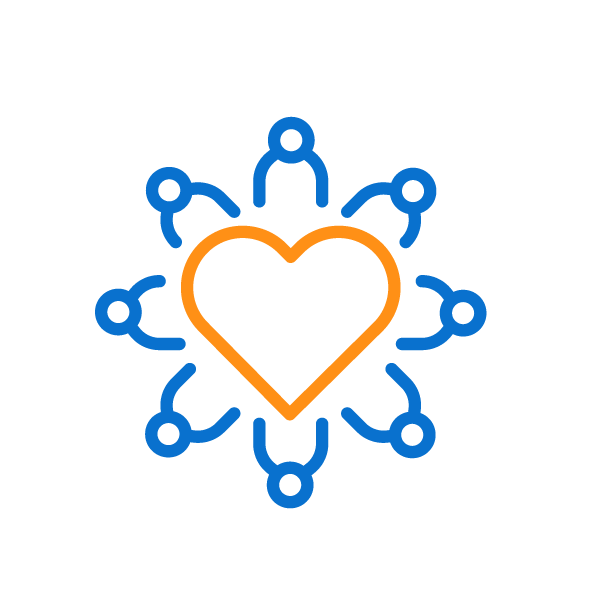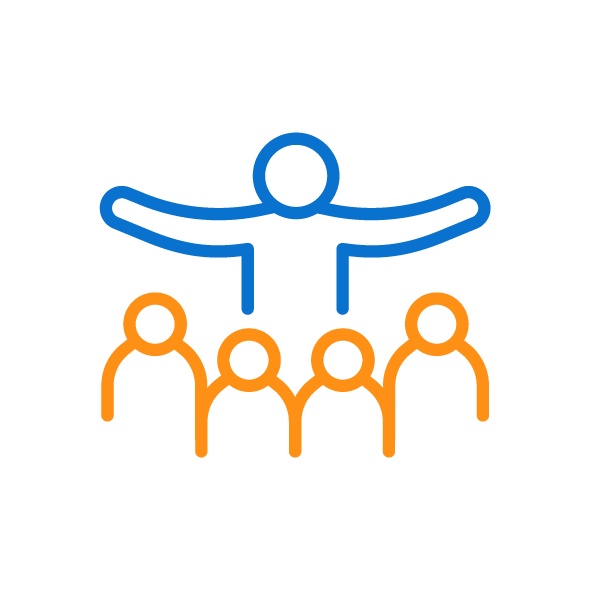At The Shoreline Therapy Center, we provide therapy and counseling that not only begins in the therapist’s office but also extends throughout the person’s life. We treat our clients in real, relatable terms — no psychobabble allowed — with sensitivity, care and privacy.
Call 203.453.2999
Child & Adolescent Therapy
Our approach always includes the family. Usually, we begin the therapy with a session just with the parents followed by three-to-four sessions with the…
Individual Adult Therapy
We believe the most critical step in therapy is determining the right fit between the individual and therapist. When a client begins with us, we schedule a meeting...
Couples Therapy
We believe the most important factor is finding a “safe place” where the couple can work on key issues. This allows us to “dig deep” and get to the underlying factors affecting...
Family Therapy
Our goal in family therapy is to take what is in many situations a dysfunctional family and to turn it into a functional family. A systems approach is particularly relevant for...
Co-Facilitated Therapy
We often employ co-facilitated therapy across all of our practice areas as the situation warrants. At The Center our team approach allows us the advantage...
Group Therapy
We generally employ a co-facilitated approach to bring multiple perspectives, usually by one of our therapists in conjunction with a Connections counselor...
One-on-One Coaching
We offer one-on-one coaching either to supplement any type of our therapies or on a stand-alone basis. Our coaches are adept at helping individuals deal with the obstacles...
Executive Functioning
Executive functioning helps manage all of life’s tasks. It is the ability to plan, adapt, manage time, have organizational skills, multi-task, and use self-control...
Case Management
At The Shoreline Therapy Center, our case managers are responsible for coordinating with our therapists, coaches, personal fitness trainers as well as external parties such as...
Child & Adolescent Therapy
Our approach always includes the family. Usually, we begin the therapy with a session just with the parents followed by three-to-four sessions with the…
Individual Adult Therapy
We believe the most critical step in therapy is determining the right fit between the individual and therapist. When a client begins with us, we schedule a meeting...
Couples Therapy
We believe the most important factor is finding a “safe place” where the couple can work on key issues. This allows us to “dig deep” and get to the underlying factors affecting...
Family Therapy
Our goal in family therapy is to take what is in many situations a dysfunctional family and to turn it into a functional family. A systems approach is particularly relevant for...
Co-Facilitated Therapy
We often employ co-facilitated therapy across all of our practice areas as the situation warrants. At The Center our team approach allows us the advantage...
Group Therapy
We generally employ a co-facilitated approach to bring multiple perspectives, usually by one of our therapists in conjunction with a Connections counselor...
One-on-One Coaching
We offer one-on-one coaching either to supplement any type of our therapies or on a stand-alone basis. Our coaches are adept at helping individuals deal with the obstacles...
Executive Functioning
Executive functioning helps manage all of life’s tasks. It is the ability to plan, adapt, manage time, have organizational skills, multi-task, and use self-control...
Case Management
At The Shoreline Therapy Center, our case-managers are responsible for coordinating with our therapists, coaches, personal fitness trainers as well as external parties such as...
The Connections Difference
The Shoreline Therapy Center’s Connections Program provides intensive, comprehensive community-based behavioral health care to children, adolescents and adults...
The Connections Program
The Connections Program is a unique approach to therapy, existing in a space somewhere between individual counseling and a residential-based program. Essentially, it’s a community based integrative outpatient program…

The Connections Difference
…learn more»

Our Model of Care
…learn more»

Populations Served
…learn more»

clients-story
…learn more»
— Blogs —
Self-Control Techniques Through Play
We all know that without self-control, many other executive functioning skills are more challenging and social skills can suffer. However, creating moments to hone in on how to think steps ahead and follow directions can be something more hands on and engaging than...
The Power of Gratitude
The Power of Gratitude With the holiday season approaching, there is lots of talk around being thankful and leading a life full of gratitude. However, this can be a challenge for many people, whether it be hard to find gratitude if you are going through a...
Mindset Matters: Growth vs. Fixed Mindset
Our mindset has a huge impact on our day to day life as well as our overall perception of the world. Understanding the difference between growth and fixed mindsets can help you reach success and overcome challenges. What is a Fixed Mindset? A fixed mindset is the...
Solution Focused Brief Therapy (SFBT)
When searching for a therapist, you will find that you have many different styles and techniques to choose from. Some therapists will be explicit about the modalities they practice and others will not. This post will provide the basics about one approach to therapy...
Student Athletes and Mental Health
The athletics industry is constantly changing and evolving in today’s society. It is important that student-athletes can improve their own mental health, as well as identify ways their friends, families, and coaches can support them. Ways for friends and family...
The Digital Dilemma: Technology Addiction in Teens
In today's digital age, technology plays an increasingly central role in the lives of teenagers. From smartphones to social media, video games to virtual reality, the digital world offers endless opportunities for connection, entertainment, and exploration. However,...
Nonviolent Communication
Many of us have likely experienced the uncomfortable feeling of having to initiate or engage in a difficult conversation with family, friends, coworkers, or even partners. Nonviolent communication is a great tool that can be used in order to foster connection,...

















